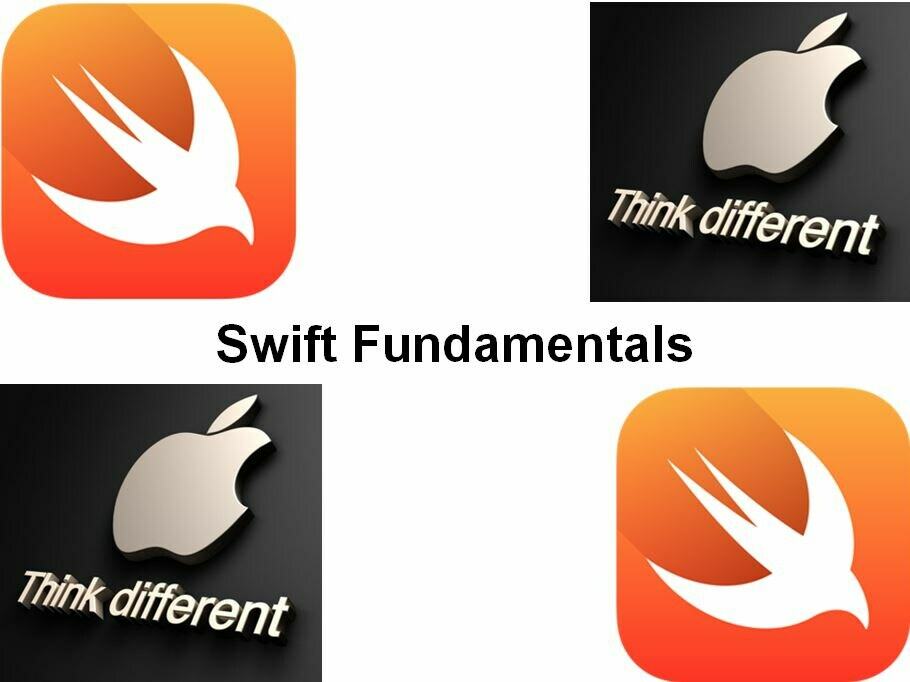-
Learning by doing
-
Trainers with practical experience
-
Classroom training
-
Detailed course material
-
Clear content description
-
Tailormade content possible
-
Training that proceeds
-
Small groups
In the course Swift Programming participants learn the basics of the powerful and intuitive Swift programming language developed by Apple for creating apps for iOS, Mac, Apple TV, and Apple Watch. Swift is a modern language, easy to use and open source.
After an introduction to the XCode development environment, the playground projects and the iOS projects, the syntax of the Swift language is discussed. The relationship with the older Objective C language is also treated.
Attention is paid to Swift versions of well-known C data types such as Int and Float. The course also covers the main Collection types, Array and Dictionary, and new advanced types such as tuples. Swift uses a lot of variables whose value should not change, making the code more secure and clear.
Next the Swift syntax is discussed, in which control flow with conditionals and loops and operators are covered. Functions and the transmission of parameters are also on the agenda.
Then it's time to treat classes with properties and methods. Unlike some other languages, in Swift it is not necessary to create separate interface and implementation files for classes.
The schedule of the Swift Programming course also covers how the Swift language is used in the development of iOS Apps. This includes the architecture of iOS Apps with Models, Views, Controller, IBOutlets and IBActions.
The course concludes with a treatment of Interface Builder and the various controls and views that can be used in iOS Apps.
The course Swift Programming is designed for participants who want to learn the basics of the newest version of Apple's programming language Swift for iOS apps.
No programming knowledge is required to participate in the course Swift Programming. Prior knowledge of other programming languages such as Objective C, Java or JavaScript is beneficial for the understanding.
The theory is treated on the basis of presentations. Demos are used to explain the theory. There is ample opportunity to practice and theory and exercises are interspersed. The course uses the newest version of the XCode development environment.
After successful completion of the course participants receive an official certificate Swift Programming.

Module 1 : Swift Intro |
Module 2 : Swift Types |
Module 3 : Swift Syntax |
| What is Swift? Why Swift Comparison with Objective C XCode Environment Environment setup Creating Playground Project Creating iOS Project .playground files Setting preferences Using navigator |
Constants Variables Strings Interpolation Statements Integers and Floats Dictionaries and Tuples Arrays Optionals Enumerations |
Operators Conditionals Overflow Checking Looping XCode Playground Timeline Defining Functions Calling Functions Parameters Scope of Declarations Default Parameter Values |
Module 4 : Classes and Objects |
Module 5 : iOS Apps |
Module 6 : Views and Controls |
|
Class Definition Access Modifiers Class Methods Properties Attributes Initializers Value Types Reference Types Method Overloading Inheritance Polymorphism |
MVC Architecture Model and View Controller IBOutlets IBActions Subclassing Delegation Root View Controller Navigation Controller Controlling Stack Navigation Controller Communication |
Interface Builder Basic Interaction Buttons and Text Fields Action sheets and Alerts The View Hierarchy View Behavior Containers and Controls Collection Views Navigation View Tab Bars Alert Views and Action Sheets |
